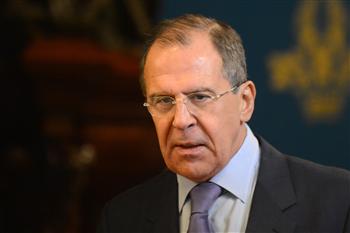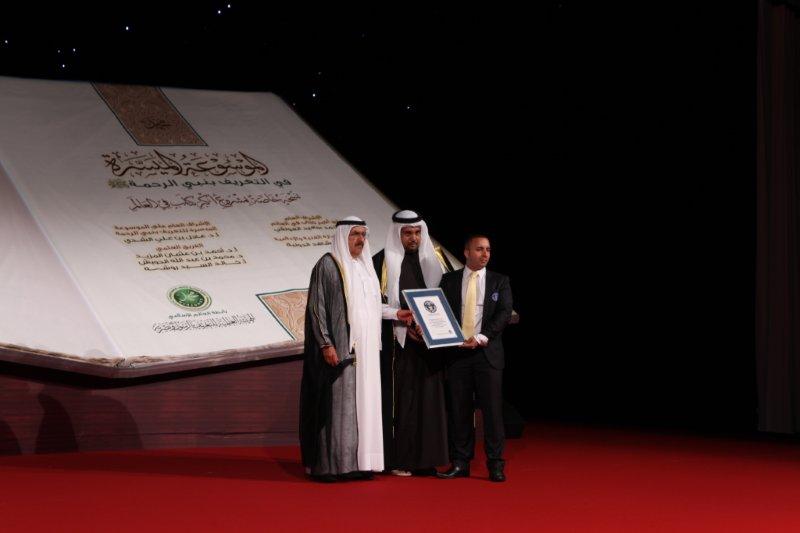While I was on a short business trip to Geneva, I rediscovered Egypt’s elevated status as the common subject of every official or side conversation at the headquarters of the United Nations’ human rights (HR) bodies.
This had nothing to do with my presence there. Egypt has in fact become a favorite topic, more so in the absence of Egyptian government representatives. This goes back to the brilliant and leading role played by these officials when it comes to HR issues.
The historic significance of Egypt’s current role can be clarified in the context of the transitional phase UN HR bodies are going through today.
The organizational framework of this entity – which used to be called the Human Rights Commission – has been revamped entirely under the new name: the Human Rights Council.
The objective was not simply to change the name, but to reinforce the mechanisms of the UN’s HR bodies, review and overcome their weaknesses.
However a growing number of the worst violators of human rights have exploited this golden opportunity to undermine these mechanisms and, perhaps dismantle them altogether.
Egypt, which presides over the Arab League, tops the list of such countries as the head of the African group, heading such “sacred missions. Add to that its dynamic role in one of the most active trans-continental bodies, The Organization of the Islamic Conference (OIC) which started looming a short time before the downfall of the Human Rights Commission. It’s even possible that the OIC’s role will continue growing to the extent that the new Human Rights Council (UNHRC) would become the ultimate false witness to human rights all over the world.
On the same week that began with the UN’s International Human Rights Day celebrations, Geneva hosted the funeral procession of one of the mechanisms for protecting HR with the termination of the Council’s Darfur taskforce; in effect rewarding the Sudanese government for refusing to cooperate with the fact-finding mission in the plighted region.
The move was short of an apology letter to the victims of Darfur, a declaration that the Council had wrongly assessed their crisis as the worst humanitarian catastrophe in the 21st century.
If there’s one country that deserves the kudos for this “achievement , then this country would, without a doubt, be Egypt.
Egypt had fought numerous battles on behalf of the African group with a deep understanding of the historic opportunity to dismantle one of the mechanisms protecting HR in a global context marred by a majority of violators and a paralyzed European Union with its chronic failure to reach consensus on foreign policy.
Add to that the Untied States’ negative stance which stems from its reservation on the foundations on which the Council was created in the first place, when it failed to convince member states to adopt a system disqualifying the worst human rights violators from the outset.
Terminating the Darfur taskforce is merely the first step – under Egypt’s tutelage – towards dismantling the pillars of the UN’s role in protecting human rights. This role also includes the daily marginalization of the role of NGOs in the UN and efforts to redefine the function of the UN’s special rapporteurs on HR to ultimately constrain it. Egypt even seeks to transform one of the most important of these rapporteurs – the one in charge of freedom of faith – into a mouthpiece for these newly imposed limitations and plans to cancel them altogether in certain countries, most of which belong to the “scared alliance that aims to destroy the UN’s human rights protection system at the roots.
Towards the end of the 1940s and the beginning of the 1950s, Egypt was active in an entirely different way as one of the first countries to help build a UN system for the protection of human rights. The Egyptian government’s official delegate at the time – Mahmoud Azmi, founder of Egypt’s first human rights organization in the 1930s – was among the first to demand the setting up of a UN body to accept individual complaints and create an international human rights crimes tribunal.
Fifty-five years later, the Egyptian government refuses to ratify the International Criminal Tribunal agreement, has reservations about Darfur, and refuses to allow the UN’s special rapporteur on human rights to go on fact-finding missions in Egypt. In 2007 it refused to set up a regional office of the UN’s High Commissioner of Human Rights unless it agreed to overlook HR violations and had no contact with local rights organizations!All this is not surprising considering the fact that in 1998 Egypt was at the forefront of a group of 26 countries against the UN General Assembly’s declaration protecting human rights advocates. In 2007 Egypt began putting the core of these reservations into effect by closing down two rights organizations.
This is how the Egyptian government has buried the UN’s HR system in Geneva as it does so in Cairo.where Mahmoud Azmi is probably rolling over in his grave.
Bahey Eldin Hassan is the Director of the Cairo Institute for Human Rights Studies (CIHRS).


